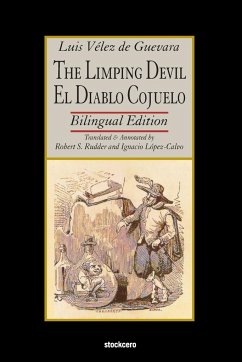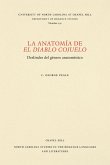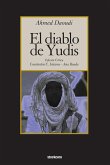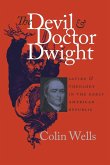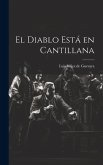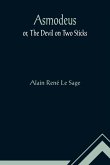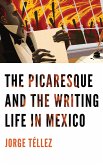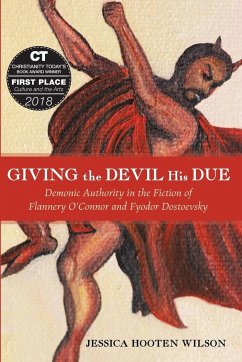The novel The Limping Devil (El diablo cojuelo) was first published in Spain in 1641. The author of nearly two hundred dramas, Luis Vélez de Guevara was highly admired by his contemporaries, including Miguel de Cervantes and another prolific playwright of the time: Lope de Vega. It was this novel, however, that received the most widespread audience, and it was not due to Vélez de Guevara's own work. Instead, the French author Alain-René Lesage discovered the novel and decided to transform its action into a French adaptation: Le diable boiteux. The story of an ugly limping devil, and a young student, flying about the countryside and satirically commenting on the worst of its inhabitants became a best-seller in Lesage's hands, running through nine editions in its first four months alone, forty-two more by century's end, and is still published today. Lesage's version also became well known in English literary circles, with three translations and sequels, and a number of stage plays in England with references to a "Devil Upon Crutches" or a "Devil Upon Two Sticks." Even Charles Dickens refers to the novel in his The Old Curiosity Shop. The original work, Vélez de Guevara's Spanish text, however, has never been brought to light for the English-speaking world. It is that lacuna that we attempt to fill here, with a translation that is not only an accurate reading of the Spanish text, but one that attempts to vividly and fluently recreate the Spanish world of that time for the modern reader of English. This bilingual edition includes both a translation by well known academics Robert Rudder and Ignacio López Calvo, and also the Spanish text, a foreword and numerous footnotes, both in English and Spanish, intended to help the modern reader grasp the full quality of this classical text.
Bitte wählen Sie Ihr Anliegen aus.
Rechnungen
Retourenschein anfordern
Bestellstatus
Storno

